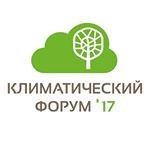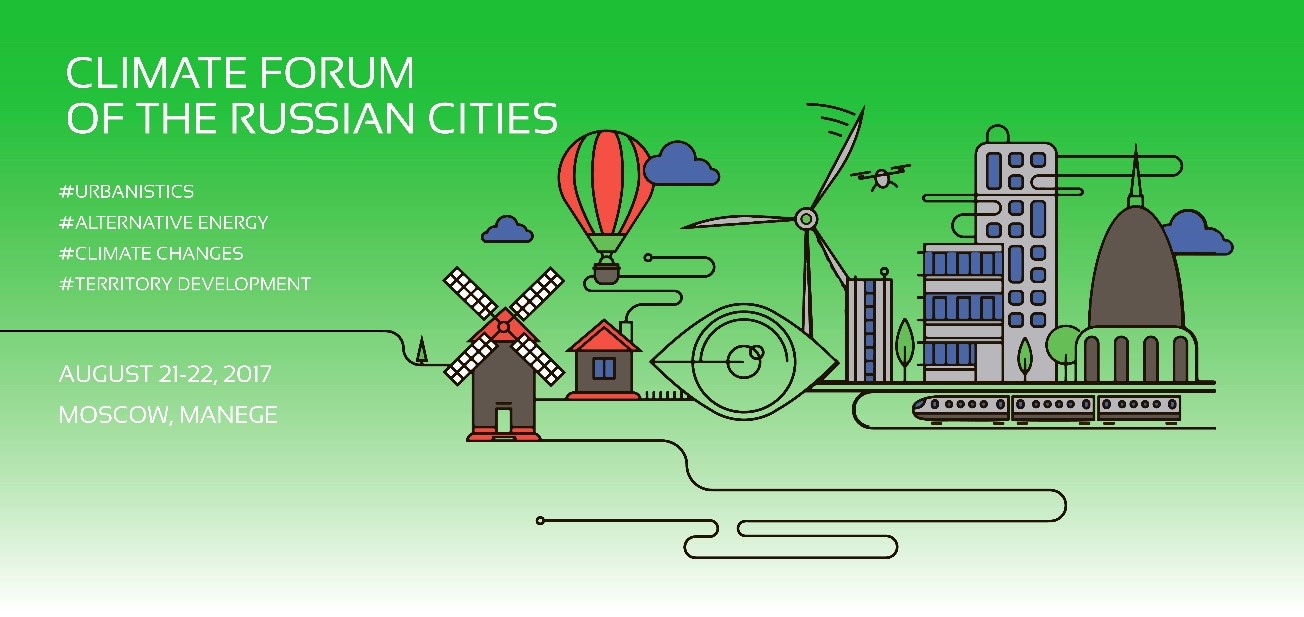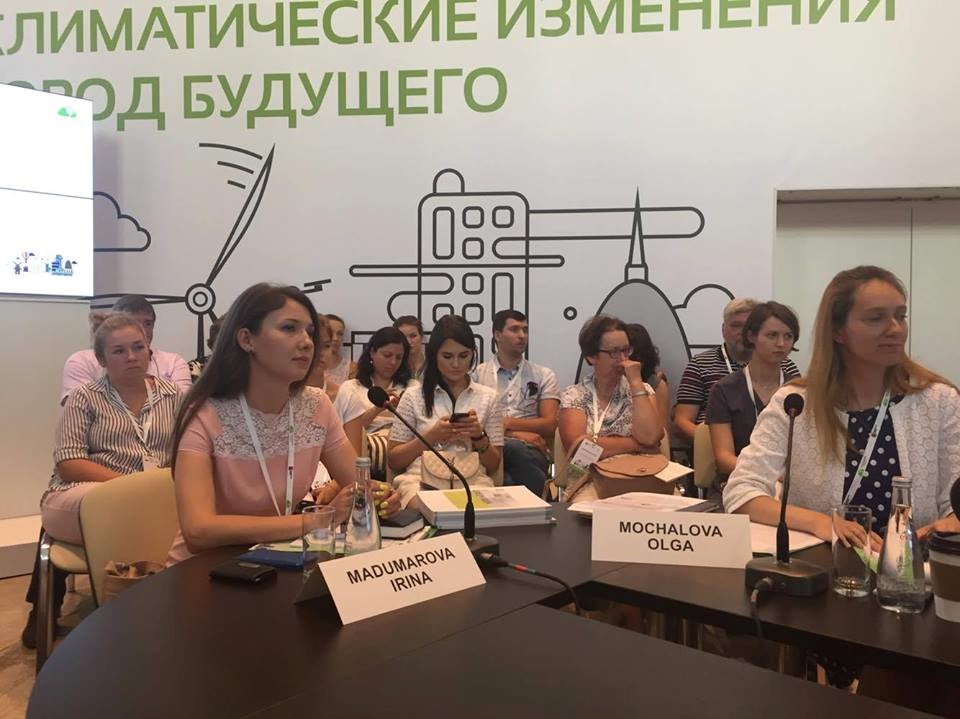Climate Forum of the Russian Cities
The Climate Forum of Russian Cities was held on 21 and 22 August 2017 in Moscow. The main topics were urbanization, alternative energies, climate change, territorial development. Russian cities and territories presented the results of their sustainable development initiatives: for example, the Tarusa, Igevsk – City of New Standards development projects.


The program has brought together scientific and practical solutions on ecological issues, sustainable development of territories and industries. Industry representatives (RUSAL, GASPROM) stressed that the implementation of ecological and innovative solutions is more than an obligation of the company’s policy but also a source of economic profitability.
Olga MOTCHALOVA, director of PHOSPORIS Russia, participated in the session dedicated to climate and urban development: green building and economic lifecycles of cities. The intervention “Towards sustainable development through eco-neighborhoods and bioclimatic architecture” was devoted to the practical experiences of implementation of architectural and engineering solutions in scale projects of buildings and the neighborhoods.

She spoke of the idea of eco-district as it is widespread in France and how it can be used in Russia.
By designing new and existing neighborhoods, it would be necessary to create multifunctional green zones that will boost the development of the territory and the comfort of its inhabitants. The example of such approach is the eco-neighborhood charter proposed by the Ministry of Sustainable Development and supported by the French Ministry of Housing and Sustainable Housing. In addition to the development of public spaces that create ecological corridors with natural spaces, the eco-district provides for innovative solutions to save resources, manage waste, organize transport and parking, etc..
The notion of eco-district is spreading internationally, especially in China. The PHOSPHORIS group is responsible for designing the Franco-Chinese Eco-district within the Tian Fu New Area within the Agence Française grouping: industrial office parks, shopping centers with a French-style street , French educational institutions, a French residential community, a river-side recreation area, and a lavender-themed park. A sustainable, low-carbon city, it has ecological “flows” that connect lakes, forests and parks; and offers a range of soft and diversified transport (bus, bicycle, boat). Water management is particularly carefully made since it is a crucial issue for the region: the concept of a “sponge city” has been put in place. Low-energy building design and use of renewable energies present on the site (solar, wind): reduction of the heating requirement by an average of 70%. Follow-up of the French High Environmental Quality (HQE) approach throughout the project. Smart City technology: a connected city that facilitates the daily life of its inhabitants.
More information about the event : http://climate-forum.ru/en/



